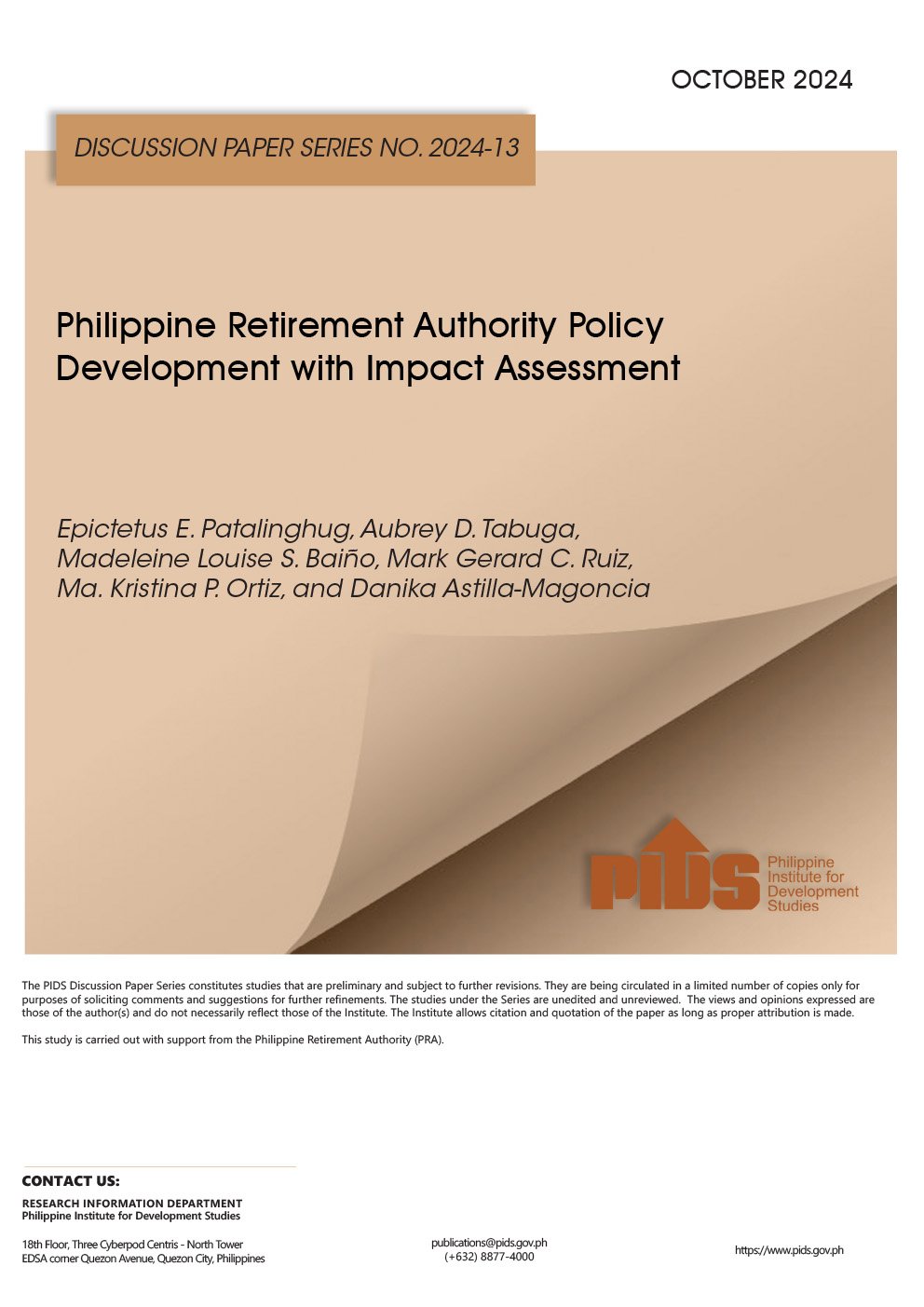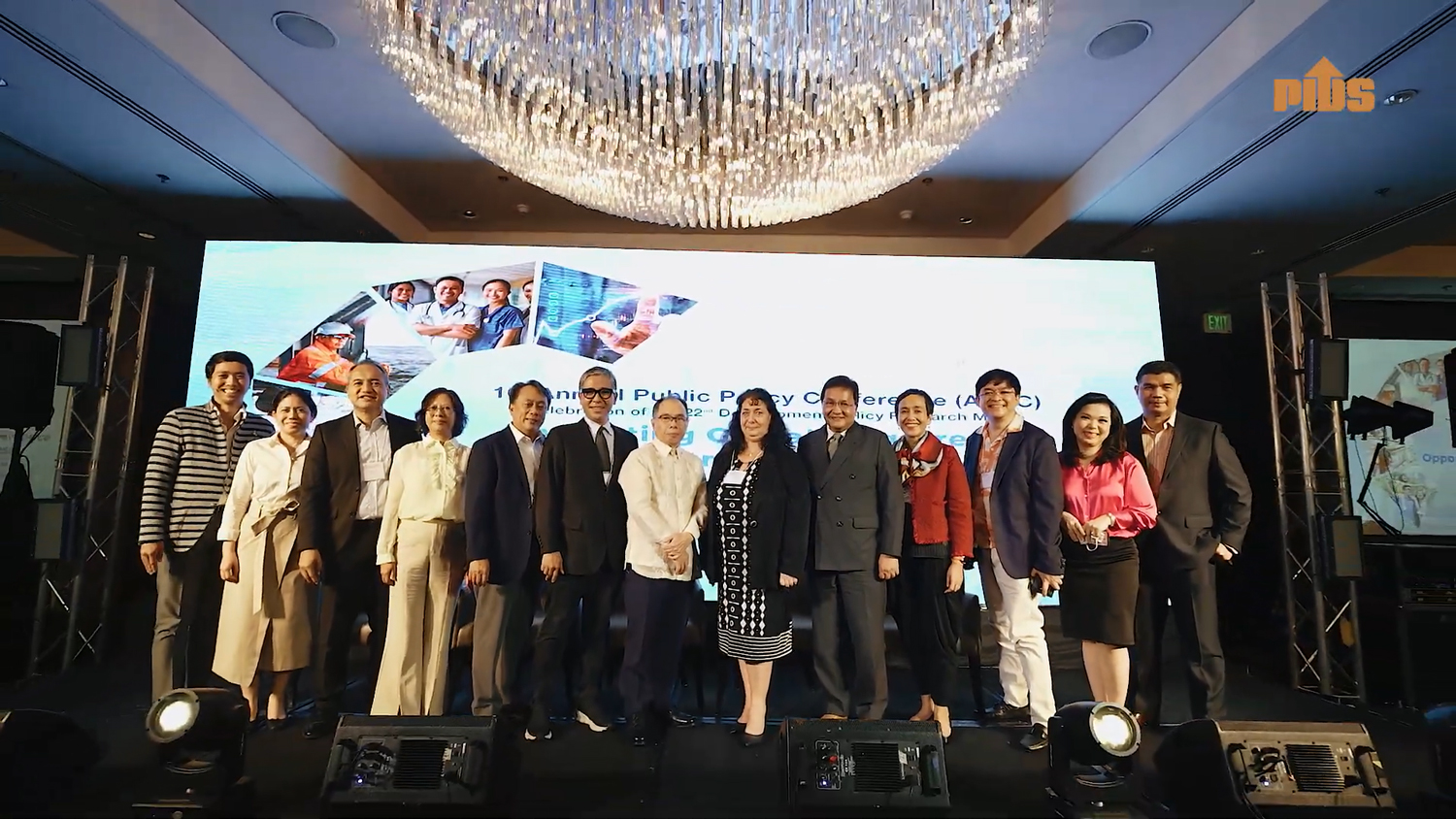MANILA – The Department of Social Welfare and Development (DSWD) has recently hosted a policy forum in line with its objective of instituting strengthened social protection in the new normal.
According to a DSWD news release issued Thursday, the March 6 online forum served as a venue for sharing of studies and new concepts by experts from the National Economic and Development Authority (NEDA), Philippine Statistics Authority (PSA), Philippine Institute for Development Studies (PIDS), and the Food and Agriculture Organization-World Food Programme (FAO-WFP).
Carefully discussed during the event were: Overview of the new Philippine Development Plan (PDP) 2023-2028; Role of Social Registries in Addressing Poverty; Digitalization of Social Service Processes; Inflation and its Impact on the Food Security of Filipino Families; and Anticipatory Action Approach and Disaster Responsive Social Protection.
PDP 2023-2028: Economic Transformation
NEDA Director Girlie Grace Casimiro Igbiten discussed the 2023-2028 PDP which she emphasized as the National Government’s Plan for economic transformation of the country after the effects of the coronavirus.
She pointed out that pursuant to the transformation agenda of the PDP, six cross cutting strategies were identified - digitalization; servicification; dynamic innovation ecosystem; enhanced connectivity; greater collaboration between local and national governments; and, partnership with the private sector.
Igbiten said the DSWD has a big role in strengthening social protection in the Philippines, specifically in the information dissemination of programs, capacitating stakeholders, beneficiary identification, and the efficient delivery of services, especially during emergencies.
Social Registries and Digitalization
These days, digitalization of the social service process is more important, or the use of modern technology in making program implementation more efficient. Furthermore, having relevant existing beneficiary targeting protocols and a unified targeting system will greatly help in addressing poverty in the country, according to PSA Chief Ma. Wilma Fides Marquez.
Based on the emphasis, Marquez discussed the Community Based Management Information System (CBMIS) and its benefits in terms of program planning and implementation.
Inflation and food security
The forum also served as a venue for PIDS to share the latest concepts on the soaring inflation and its impact on the food security of the Filipinos as discussed by Dr. Roehlano Briones, Senior Research Fellow.
In his discussion, Briones explained that inflation and Covid-19 had greatly impacted on the nutritional status of children and the overall food security of families.
However, he said that income policies like the targeted cash transfers are important in addressing the issue.
Briones also shared that among the recommendations cited in the study include the formulation of cost-effective policies to improve food affordability, as well as to increase productivity.
More efficient disaster response
For her part, FAO-WFP Social Protection Specialist Ruth Honcalada-Georget presented the concept of Anticipatory Action Approach and Disaster Responsive Social Protection.
She outlined the importance of the anticipatory action approach which “systematically links early warnings to actions designed to protect families and their assets ahead of a hazard.”
This approach stresses the need for accurate and concrete actions to be taken preparatory or in anticipation of upcoming disasters or calamities, especially as the Philippines is a disaster-prone country.
Policies to enact change
In winding up the forum, DSWD’s Policy Development and Planning Bureau (PDPB) Assistant Director Ernestina Solloso expressed the Department’s gratitude to the resource persons from partner-agencies and organizations.
“From the expert discussions, the Department was able to elicit compelling and vital recommendations that will be critical in the development of the Department’s policies and responses,” she said.
She stressed the importance of policies in program planning, development and implementation. Dir. Solloso added that PDPB, the policy arm of the DSWD, “will ensure that recommendations will be captured in the Department’s policy papers, with the ultimate goal of effecting change and making a difference in the lives of our beneficiaries.”












